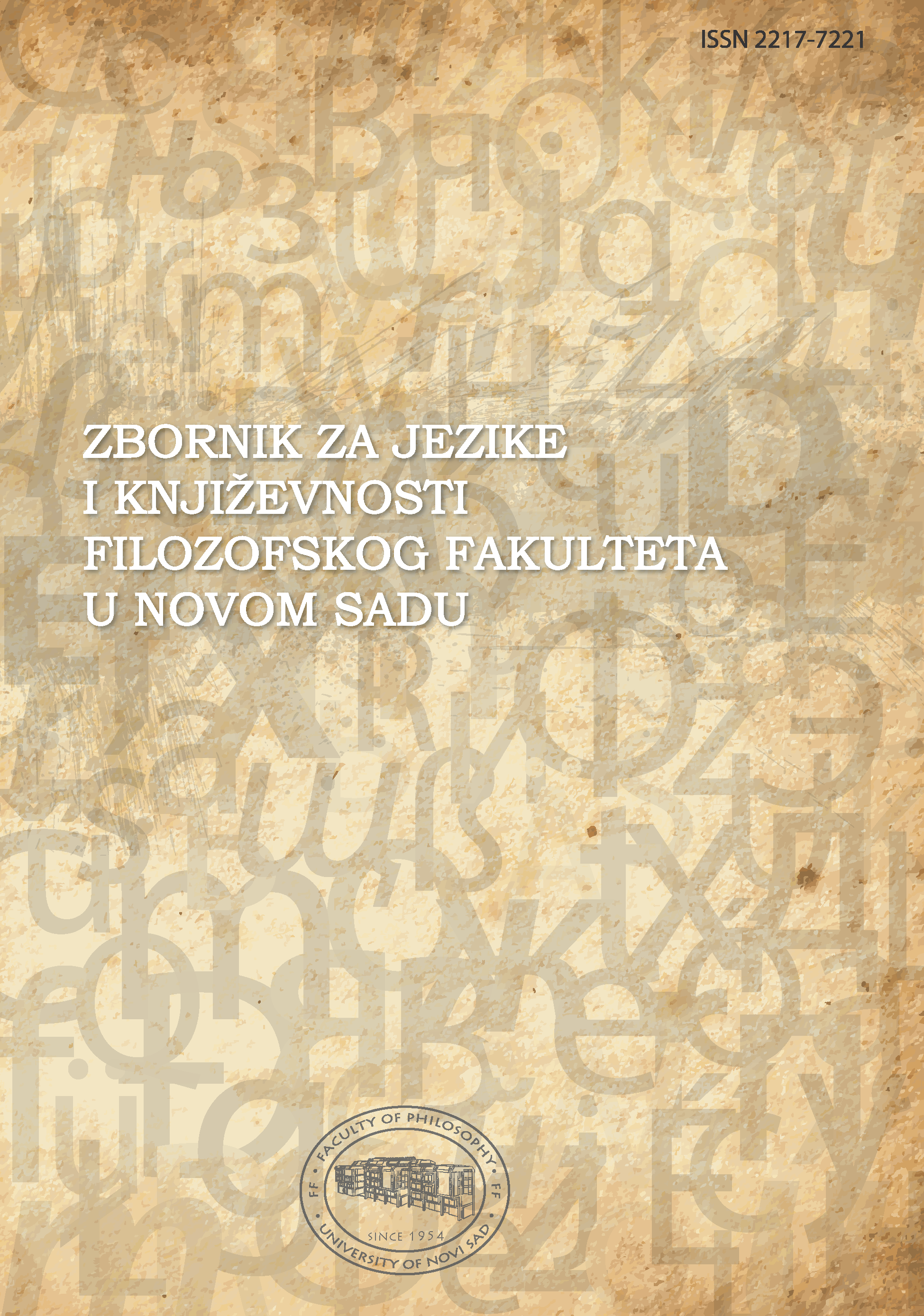THE USE OF MODAL VERBS IN ENGLIISH LEGAL TEXTS AND THEIR SERBIAN EQUIVALENTS
THE USE OF MODAL VERBS IN ENGLIISH LEGAL TEXTS AND THEIR SERBIAN EQUIVALENTS
Author(s): Aleksandra Erić BukaricaSubject(s): Language and Literature Studies
Published by: Филозофски факултет, Универзитет у Новом Саду
Keywords: modal verbs; legal discourse; English, Serbian
Summary/Abstract: The aim of this paper is to examine and describe similarities and differences in the use and distribution of modal verbs by contrasting English and Serbian legal texts. The corpus consists of an English version of The Convention on the Rights of the Child and its official Serbian translation. We started from an assumption that modal verbs are more frequent in legal texts in English than in Serbian, where we expected to find examples of lexical items with modal meanings instead. In addition, we assumed that due to its specific use in legal texts of this kind, the English modal ‘shall’ will show the highest frequency of occurrence. A total of one hundred and twenty six (126) modal verbs and a semi-modal ‘need not’ were found in the source text. The results of the analysis support the initial presumption that ‘shall’ will stand out as the most frequent of all modal verbs (60% of all occurrences). Despite the high occurrence rate of the legalistic ‘shall’ in the source text, translation solutions in the target language only rarely take the form of the modal verb. Most often deontic notions of imperative directness and necessity in Serbian legislative writings are expressed by means of the present indicative. The analysis also indicates that translation solutions for the remaining English modal verbs most often take the form of a modal verb or a modal lexeme with a corresponding meaning in Serbian.
Journal: Zbornik za jezike i književnosti Filozofskog fakulteta u Novom Sadu
- Issue Year: 9/2019
- Issue No: 9
- Page Range: 73-96
- Page Count: 23
- Language: English

